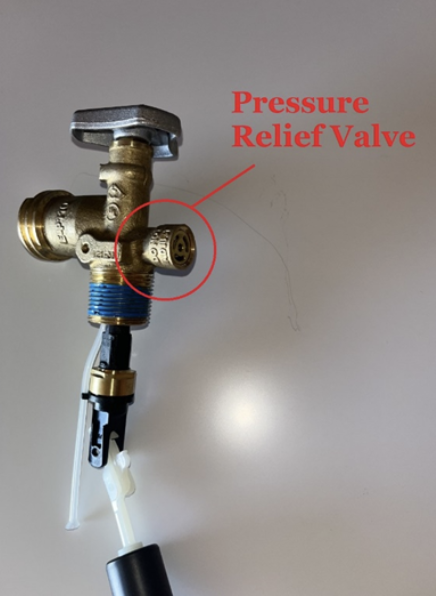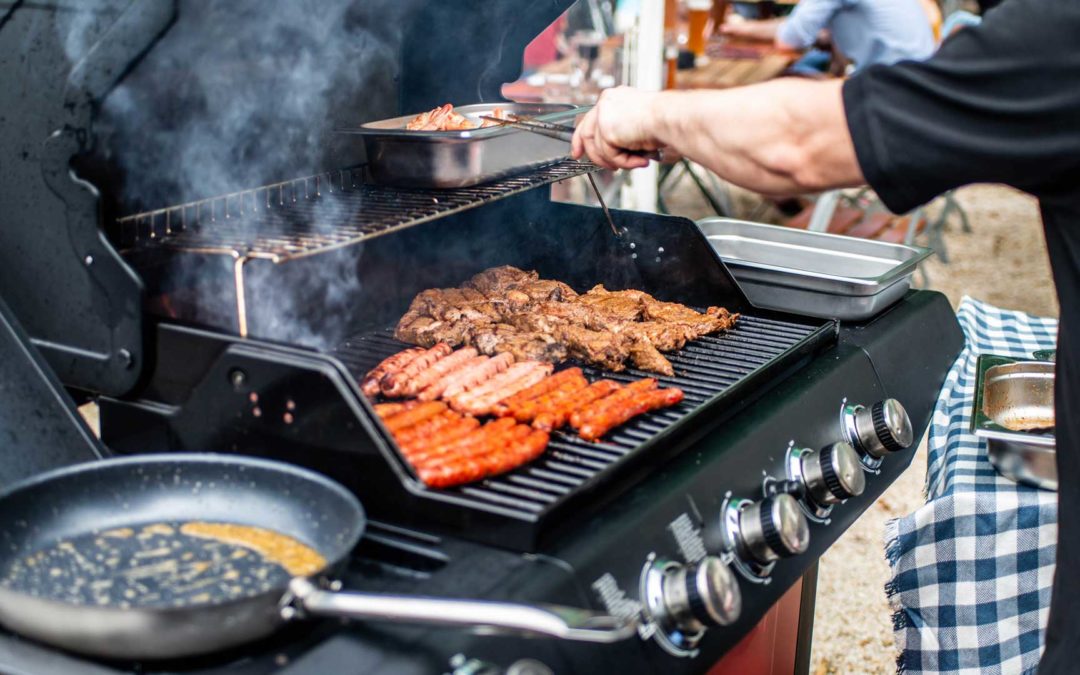Does Weather Affect Propane Tanks?
Spring is coming in North Carolina, and as everyone knows, our weather is often unpredictable. Drastic swings in temperature, from cool mornings to warm afternoons, play a role in the expansion and contraction of your propane.
What Happens to Propane Tanks During Hot/Cold Conditions?
In colder temperatures, gas molecules will shrink, changing the liquid and vapor ratio in your tank and its internal pressure. In a scenario where your tank is filled on a cool spring morning and then experiences a rapid increase in temperature, the internal pressure will rise. Your cylinder is filled to 80% volume to compensate for pressure changes, but it also comes equipped with a pressure relief valve as a fail-safe.
If the pressure inside your tank becomes too high, a strong spring within the pressure relief valve will open, allowing excess vapor pressure to escape. When the pressure goes below the set level, the spring will close back, sealing the valve. It may appear that there’s an issue with the valve, but this function is perfectly normal.

General Guidelines to Protect Your Propane Supply
Prepare your tank for the upcoming summer months by:
- Placing tanks away from direct sunlight or places that store lots of heat
- Keeping tanks in a well-ventilated area
- Storing your tank on a level and dry surface
How My Propane Butler Can Help
From heaters in the dead of winter to firing up the grill for a summer bbq, My Propane Butler can deliver and exchange a range of propane tank sizes. Schedule a propane delivery for your home or commercial business today.


Recent Comments